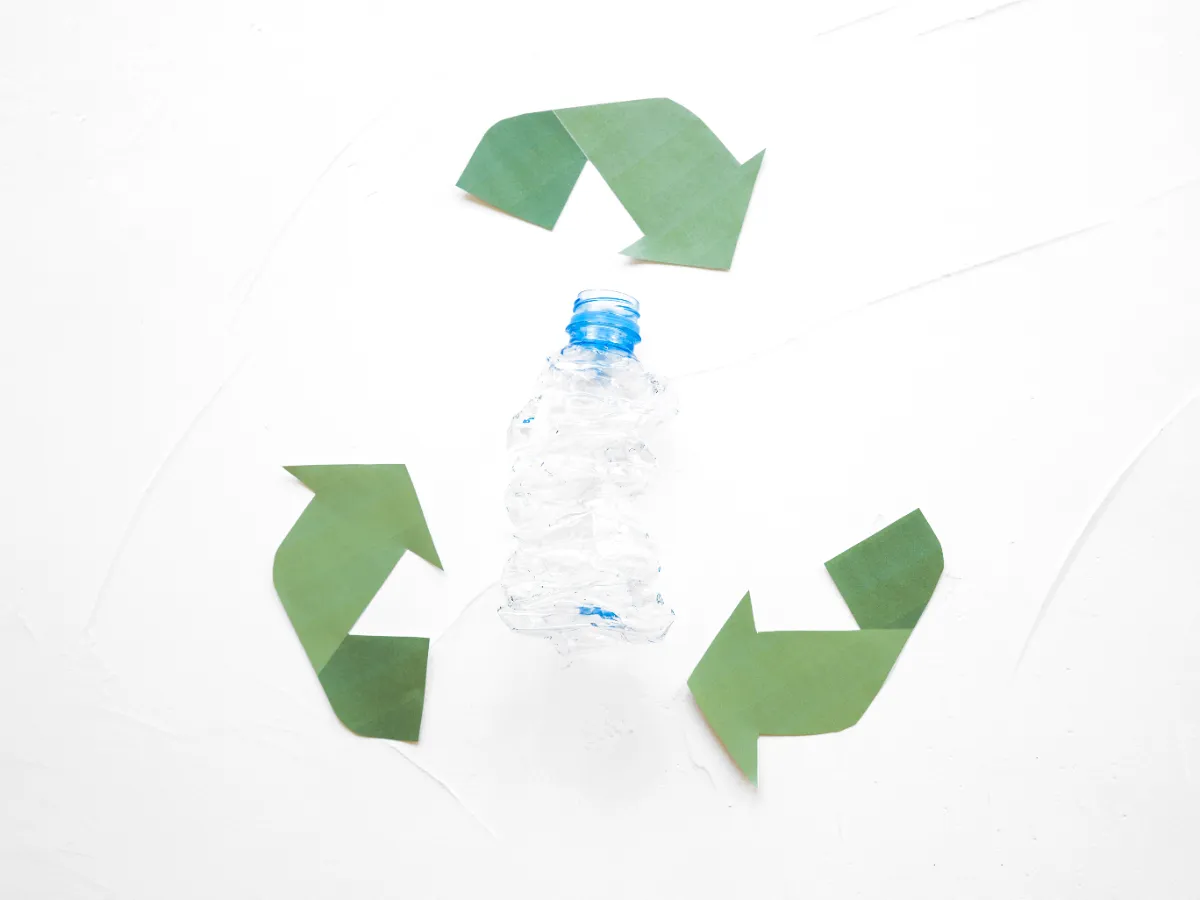In today’s environmentally conscious market, businesses are increasingly turning to plastic recycling machines as a way to improve sustainability and profitability. This article delves into successful case studies across various industries, demonstrating the impact of investing in plastic recycling technology. Furthermore, we’ll touch upon the plastic recycling machine price, a crucial factor for businesses considering such an investment.
Contents
The Foundation of Plastic Recycling Success
The journey into plastic recycling begins with understanding the necessary machinery. A small-scale plastic recycling plant, for example, can be highly profitable with just three essential pieces of equipment: a conveyor belt, a plastic crusher, and a blowing & collection system. This setup allows businesses to crush and grind plastic waste into flakes, selling the flakes for profit. The simplicity of these machines, combined with their effectiveness, lays the groundwork for a successful recycling operation.
Global Success Stories
South America’s Pioneers
In South America, companies like Cronopet in Argentina and Plaskaper in Brazil have leveraged EREMA’s advanced recycling technology to produce recycled pellets for the plastics processing industry. These businesses have demonstrated the financial viability of recycling post-consumer and post-industrial plastic waste, significantly reducing environmental impact while also catering to the increasing demand for recycled pellets.
Precious Plastic’s Global Impact
Precious Plastic has taken a different approach by designing and developing machines that are open-source, allowing people worldwide to replicate and implement recycling solutions. This initiative has empowered small businesses and communities to start recycling projects with a low barrier to entry, fostering a global movement towards reducing plastic waste. The project has inspired collaborations and recycling spaces in various countries, showcasing the potential for small-scale recycling to make a significant impact.
The Economics of Plastic Recycling Machines
When considering the acquisition of plastic recycling machinery, the price is a critical factor for businesses. While specific prices vary widely based on the capacity, sophistication, and type of machinery, the return on investment can be substantial. Small-scale operations can start with minimal equipment, reducing initial costs and allowing businesses to scale as they grow. Moreover, selling processed plastic flakes to plants with further recycling capabilities can be a stable source of income, highlighting the economic benefits alongside environmental sustainability.
Conclusion
The case studies of successful businesses utilizing plastic recycling machines illustrate a clear path towards combining profitability with environmental responsibility. From small-scale operations to large-scale industrial ventures, the flexibility and scalability of plastic recycling technology offer diverse opportunities. As demand for recycled plastics continues to rise, investing in the right machinery can not only contribute to a healthier planet but also unlock new revenue streams. For businesses considering this sustainable journey, understanding the plastic recycling machine price in relation to potential returns is crucial. This strategic investment can pave the way for operational efficiency and a stronger, greener brand image.
Embracing plastic recycling technology not only addresses the urgent need for waste reduction but also presents a compelling case for economic growth. As demonstrated by the success stories across the globe, plastic recycling is not just an environmental imperative but a strategic business decision.
Frequently Asked Questions (FAQs)
What is a plastic recycling machine?
A plastic recycling machine is a piece of industrial equipment designed to convert plastic waste into reusable material, such as pellets or flakes, which can be used to manufacture new plastic products.
How much does a plastic recycling machine cost?
The price of a plastic recycling machine varies widely depending on its capacity, features, and specific technology. Small-scale machines can be more cost-effective, while large-scale recycling systems require a significant investment.
What types of plastic can be recycled with these machines?
Most plastic recycling machines are capable of processing common types of plastic waste, including PET bottles, PE drums, PVC pipes, and more. The specific types of plastic that can be recycled depend on the machine’s technology and setup.
How profitable is a plastic recycling business?
Profitability depends on various factors, including the capacity of the machines, the quality of the recycled product, market demand, and the price of raw materials. Successful case studies show that with the right equipment and business model, plastic recycling can be highly profitable.
Can small-scale plastic recycling machines improve business efficiency?
Yes, small-scale plastic recycling machines can significantly improve business efficiency by reducing waste disposal costs, generating income from selling recycled materials, and contributing to a sustainable business model.
INQUIRIES
To get the latest prices and lead times, send us a message using the form below.




